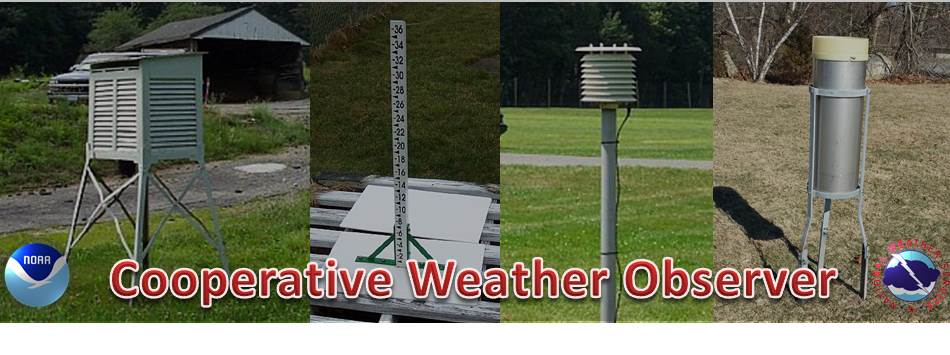 Representatives from the National Weather Service will be in Ketchikan Wednesday to conduct official SKYWARN Weather Spotter Training.
Representatives from the National Weather Service will be in Ketchikan Wednesday to conduct official SKYWARN Weather Spotter Training.
SKYWARN is a program developed in the 1960s allowing trained observers to report on hazardous or extreme weather in their community. During training, volunteers learn terminology, cloud identification, and reporting procedures. There is no long-term time commitment. SKYWARN observers must be 18 or older.
The National Weather Service is holding a “road show” open house from 4:30 to 6:30 p.m. Wednesday at the Ketchikan Public Library. Attendees can ask questions about the weather, spotter program and view equipment. Official SKYWARN Weather Spotter Training follows from 6:30 to 7:45 p.m.
In addition to SKYWARN, the National Weather Service has a Cooperative Observer Weather Spotter program. Observers submit weather information, such as temperature and precipitation, on a daily basis.
Rick Fritsch is a senior forecaster with the National Weather Service in Juneau. He says the cooperative observer program is key to providing accurate weather information.
“Where we live, we’re very data sparse. Any kind of data we do have is very important. Is my information going to affect tomorrow’s forecast? Perhaps not. But is my information going to add to the body of knowledge as far as what the climate is in my location and how it might be changing over the course of time. That is worth its weight in gold.”
Fritsch says measurements need to be made daily, but that does not mean observers can never go on vacation.
“We have numerous observers who have enlisted the help of friends or neighbors or relatives to cover for them while they’re on vacation, or out of town on business, or for whatever reason. And that works out just fine.”
Fritsch says while a year or two of data may be useful, they are really looking for people willing to make a long-term commitment.
“If I’m planning to be in this location, in this house, for the next 10 years, 20 years, that’s all that much more useful. Now we can look at it from a climate perspective – that longer-term trend. And now we can use that information and do analyses on climate change or climate not-change.”
Fritsch says the Weather Service provides equipment and training. He says they try to visit each observer annually.
“To check on their equipment and make sure everything is working as it’s supposed to. Make sure all of the instrumentation and equipment is still calibrated correctly. Answer any questions. And also to get out there in the field and face-to-face say ‘Thank you for the last years’ worth of volunteer information that you’ve provided.’ That’s important to the people on the other end as well. To be recognized and acknowledged and appreciated.”
The Weather Service is looking for volunteers for the cooperative observer program, too. You can contact the forecast office in Juneau at 907-790-6800.
Here are links with more information:





